Have you ever felt insecure? Do you ever worry about what others think of you? Are you sometimes uncertain about your own abilities and whether or not they’re good enough for the world? If so, then this blog post is for you. I’ll show you how simple things like setting clear expectations and cultivating authentic relationships can help build self-confidence so that your confidence in yourself can shine through even more brightly than it does today!
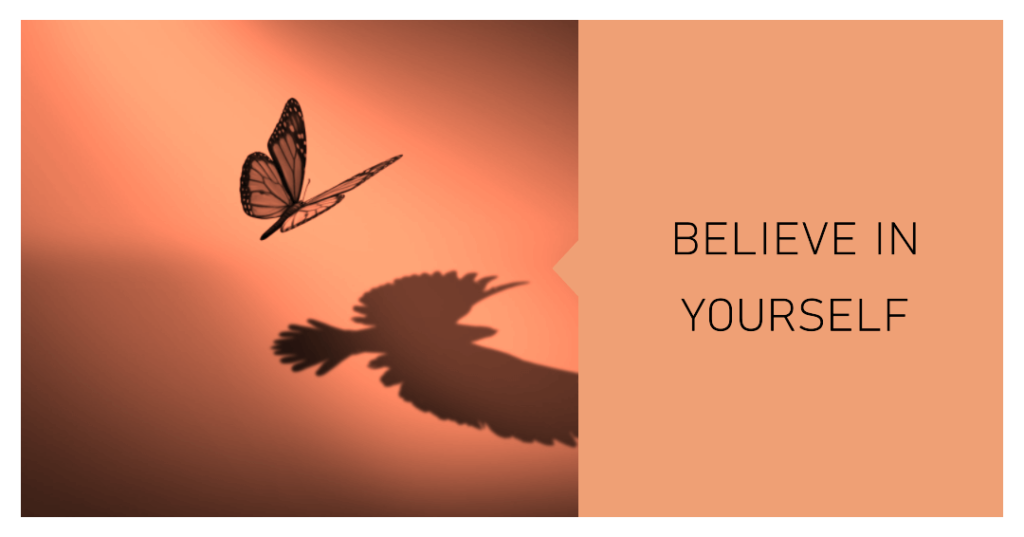
1. Take the time to reflect.
Reflecting on your past experiences, current situation, and future goals will help you gain a sense of self-confidence.
Reflect on your strengths and weaknesses. When it comes to building self-confidence, it’s important for us to reflect on our strengths and weaknesses. Our abilities can be used to build confidence by learning from them or improving upon them through training programs or educational opportunities (e.g., learning about assertiveness skills). If there are areas where we need improvement, then we should take steps towards improvement in those areas so that we can feel more confident about ourselves overall.

2. Set clear expectations.
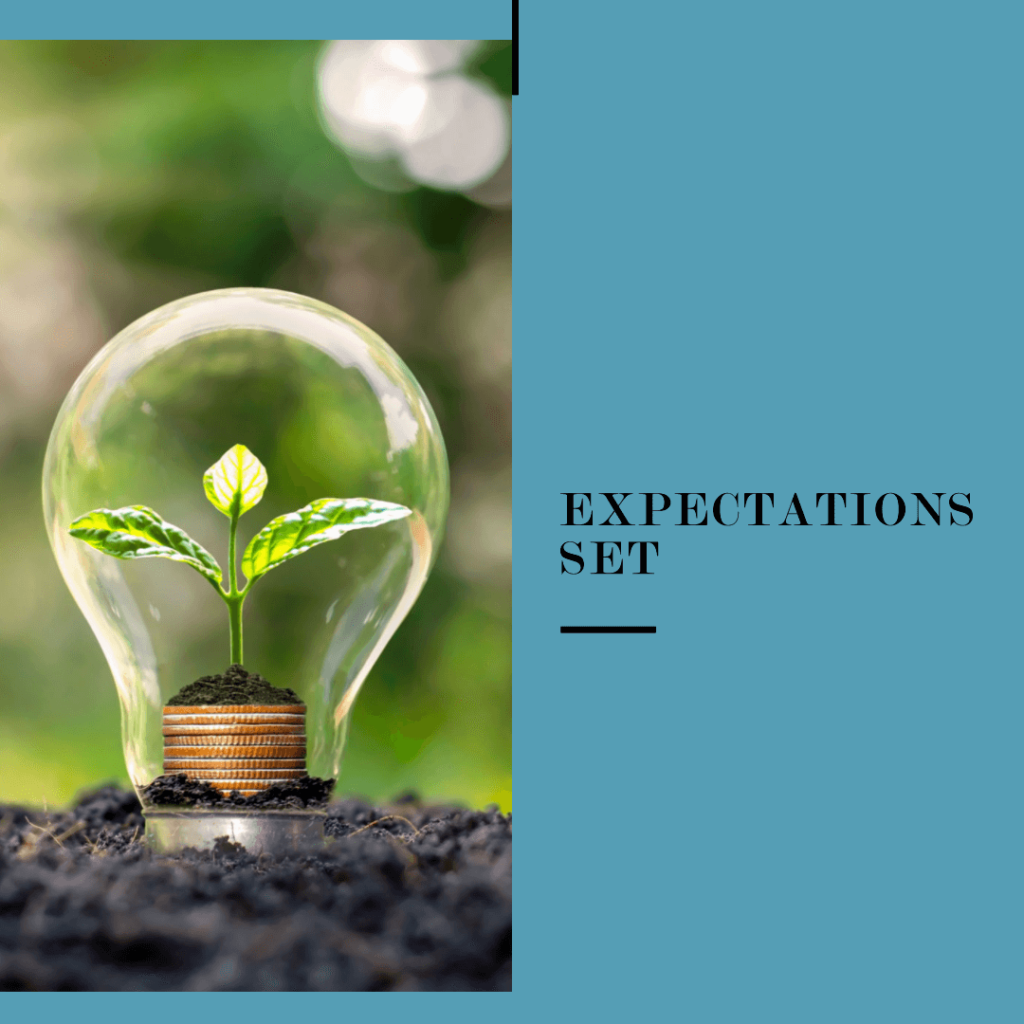
If you want to be confident, it’s important to set clear expectations for yourself. You can do this by setting goals and visualizing success as often as possible.
Write down your goals in a notebook or journal so that they’re always there when you need them (and also because having them written down will help keep them in mind).
Ask yourself what it is that you want from life, and then write it down! Be specific about what kind of person, work experience, or education would make those things happen for you.
Ask others for help with setting up their plans for personal development too!
3. Nurture authentic relationships.
You are a living, breathing human being. You are evolving and changing all the time. You need to be able to be authentic with others, as well as vulnerable and honest with yourself. And you can’t do this if you don’t have the support of other people around you who care about how things go in your life.
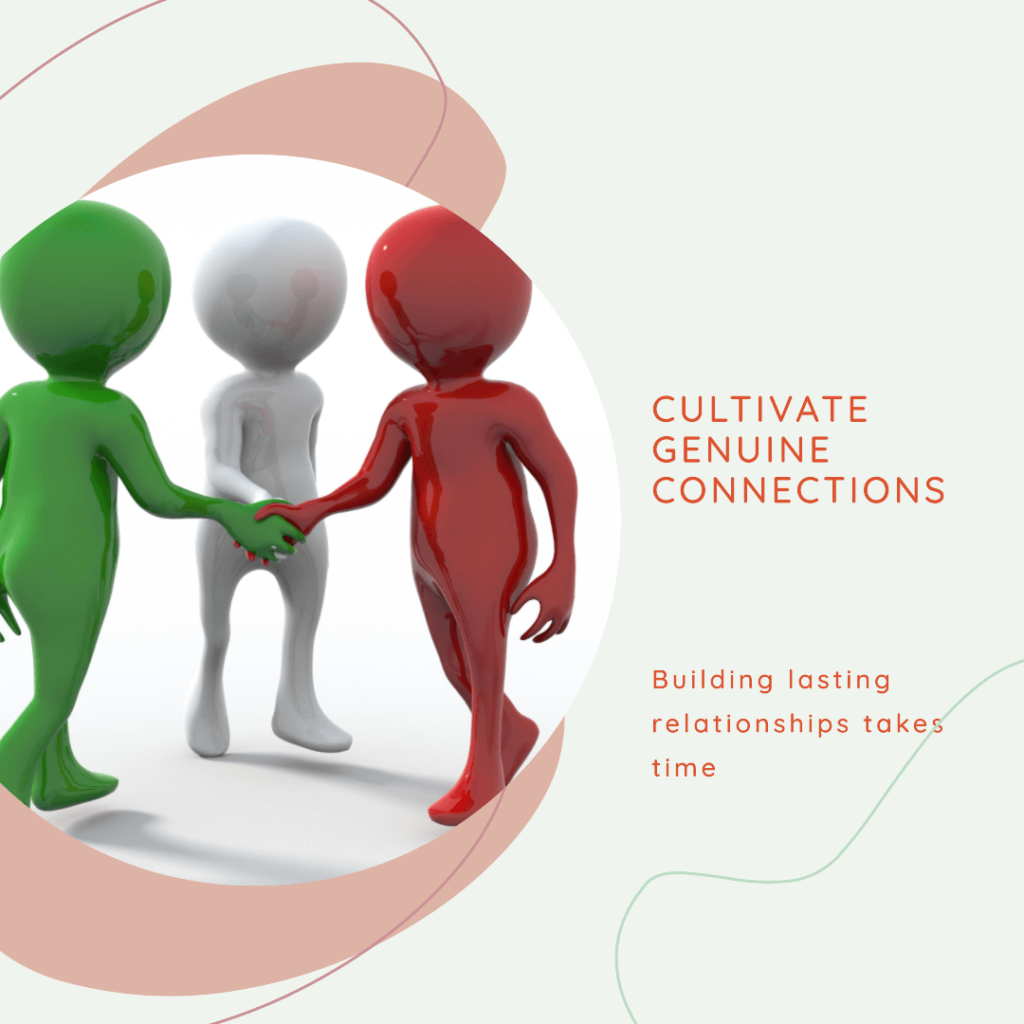
This means:
- Ask for help when needed, don’t be afraid that others will see through your attempts at self-sufficiency (which only make them feel like more of an imposition).
- Trust them implicitly. If someone says they’ll help with something, do it! And if they say no, ask anyway, they might surprise themselves by saying yes!
4. Read self-help books.

Self-help books are a great resource for finding out about yourself and your life, as well as making changes to improve it. You can read about how other people have overcome their problems and found success in their lives or you can learn from the experiences of others who have had similar struggles or obstacles to overcome. Reading these types of books will help you gain knowledge about yourself and where you are now, which will lead to greater self-confidence in the future!
5. Practice gratitude.
Gratitude is a powerful emotion, and gratitude can help you build self-confidence. It helps you focus on the positive and appreciate what you have. Gratitude also helps people feel good about themselves by reminding them of their blessings and successes.
Gratitudes should be written down so they can be read out loud, shared with others, or kept private in a journal or notebook. The more often we express our gratitude (in words or actions), the more likely it is that we will continue doing so in the future.

6. Get in touch with your passions and interests.

If you’re not sure what your passions are, it’s a good idea to start by finding out. What do you like? What do your friends like? Are there any hobbies or interests that interest you, but don’t necessarily fall into the “passion” category?
Find something and get started! Once you know what makes up your passions and interests, it’s easier to start exploring them in more detail. You’ll probably find that some of these activities can be done at no cost. Others require money or time though, so make sure when evaluating whether something is worth pursuing as part of your self-confidence-building plan that this consideration comes into play as well.
7. Step outside your comfort zone.
If you want to build self-confidence, you need to be willing to push yourself. This can mean taking small steps toward challenging yourself in new ways and making small changes in your life that will help you feel more confident. For example, try something new, take an online course or start working out at the gym with a friend rather than alone (and don’t worry about failing). Open up by asking for help when needed, and remember, it’s not always easy!
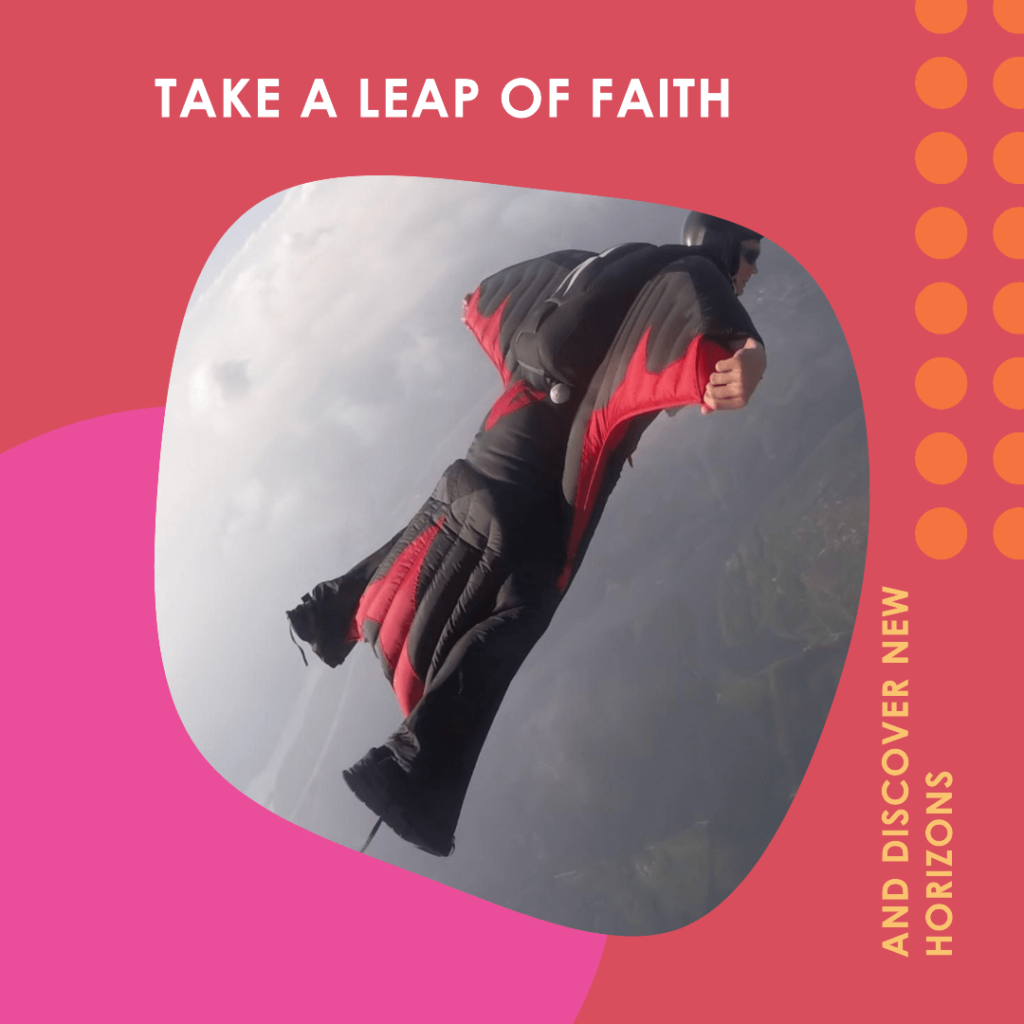
8. Make time for quiet solitude.

This can be as simple as going out into nature to take in the breeze, or it could mean shutting off all electronic devices and spending some time with just your thoughts. It’s important that you allow yourself this time to reflect on what matters most to you in life because only then will you be able to make better decisions about how best to live your life. If you’re worried about being judged by others, then don’t worry they won’t think less of anyone who takes some time outside alone! You might even end up finding something interesting during those sojourns away from technology (or whatever else is keeping you tethered).
9. Self-confidence is earned through hard work and practice.
You may think that you’re born with a certain amount of self-confidence, but this isn’t true. Self-confidence is a skill that can be developed over time, just like any other skill like cooking or playing the piano.
If you want to build up your own self-esteem, try doing these things:
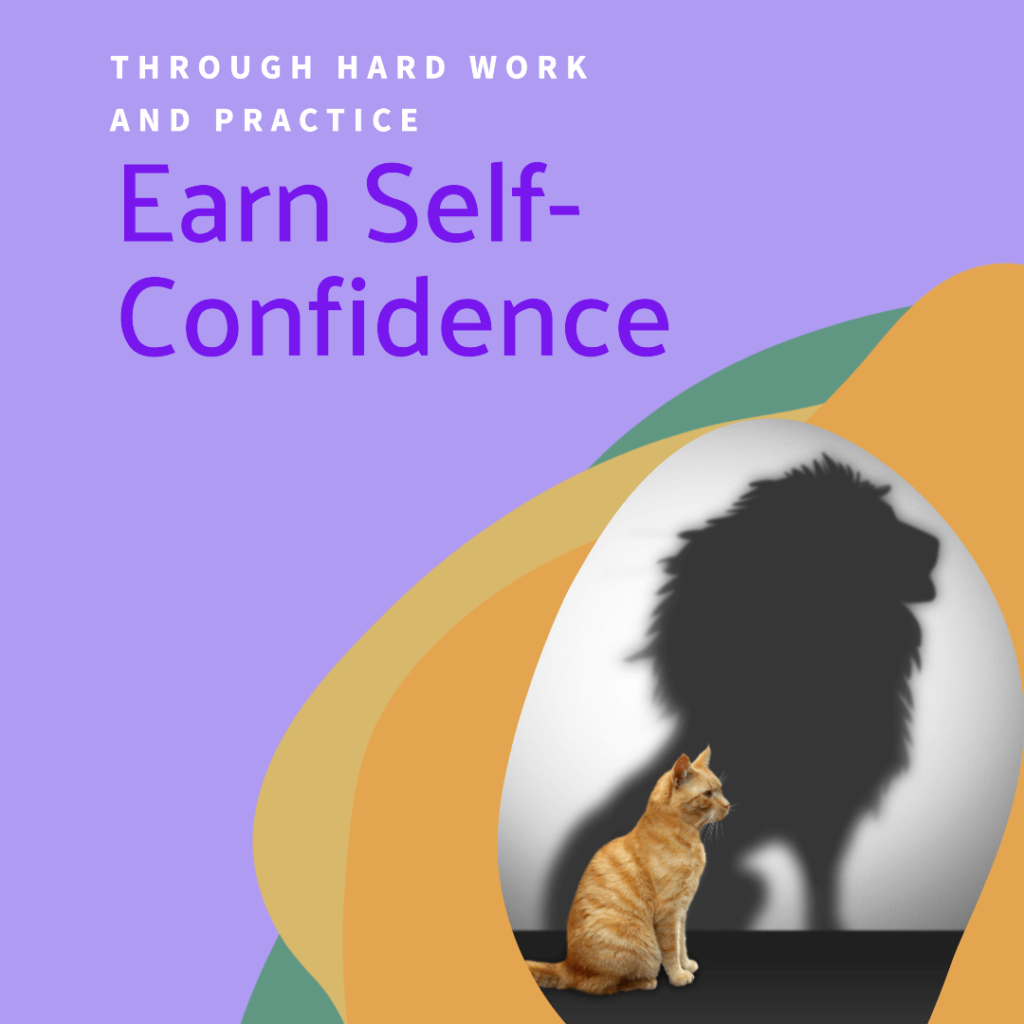
- Take on new challenges: If there’s one thing I’ve learned in life, it’s that taking on new challenges will help you grow as a person! As long as the challenge isn’t too difficult or scary at first, and if we’re talking about something I’m good at, then I will almost always give it my all until I succeed at whatever task is put before me.
- Practice makes perfect: This goes along with taking on new challenges. If something seems impossible now but seems possible after some practice time has passed by, then maybe putting in the effort wasn’t so bad after all.
Conclusion
Self-confidence is a learned skill that we can all work on and improve. The first step to developing your self-confidence is recognizing that it’s something that needs to be worked on. I hope you’ve found these tips helpful! Building self-confidence is a journey, not a destination, so take these steps one at a time and celebrate your progress along the way. Remember, you are capable of becoming the confident and self-assured person you want to be!
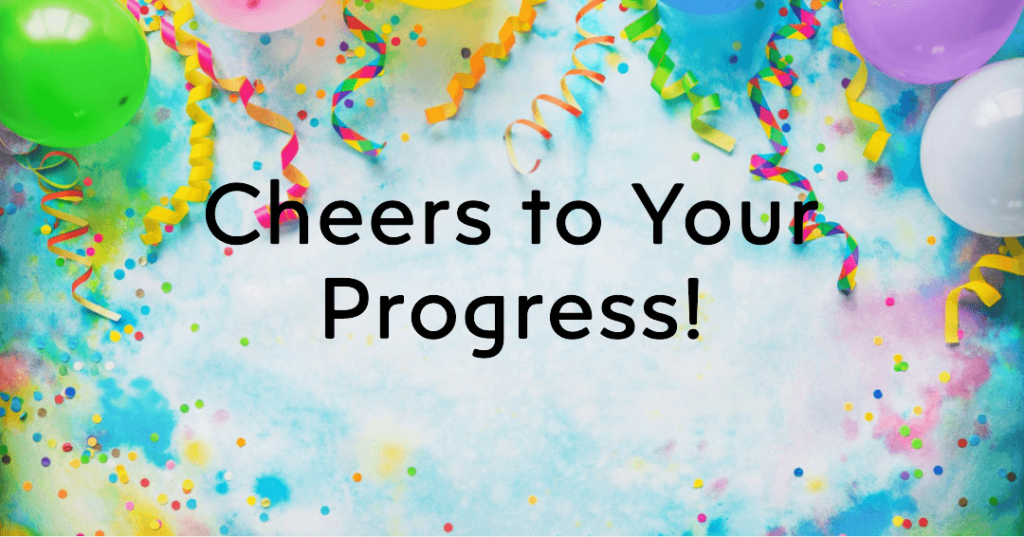
I want to extend a heartfelt thank you for taking the time to read this blog post. I hope it was informative, insightful, and most importantly, useful to you. Mental health is an important topic that affects us all, and I’m grateful for the opportunity to share my thoughts with you.
If you have any thoughts or comments, I encourage you to leave them in the comment box below. Your feedback is essential to me and helps me create content that is tailored to your needs.
If you found this post helpful, please subscribe to my newsletter for more resources and updates on mental health. You can also reach out to me via email if you have any questions or just want to chat. Remember, taking care of your mental health is important, and you are not alone.
Leave a Reply